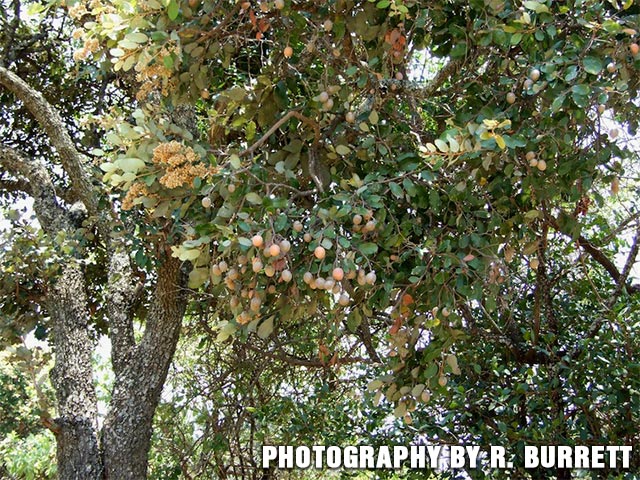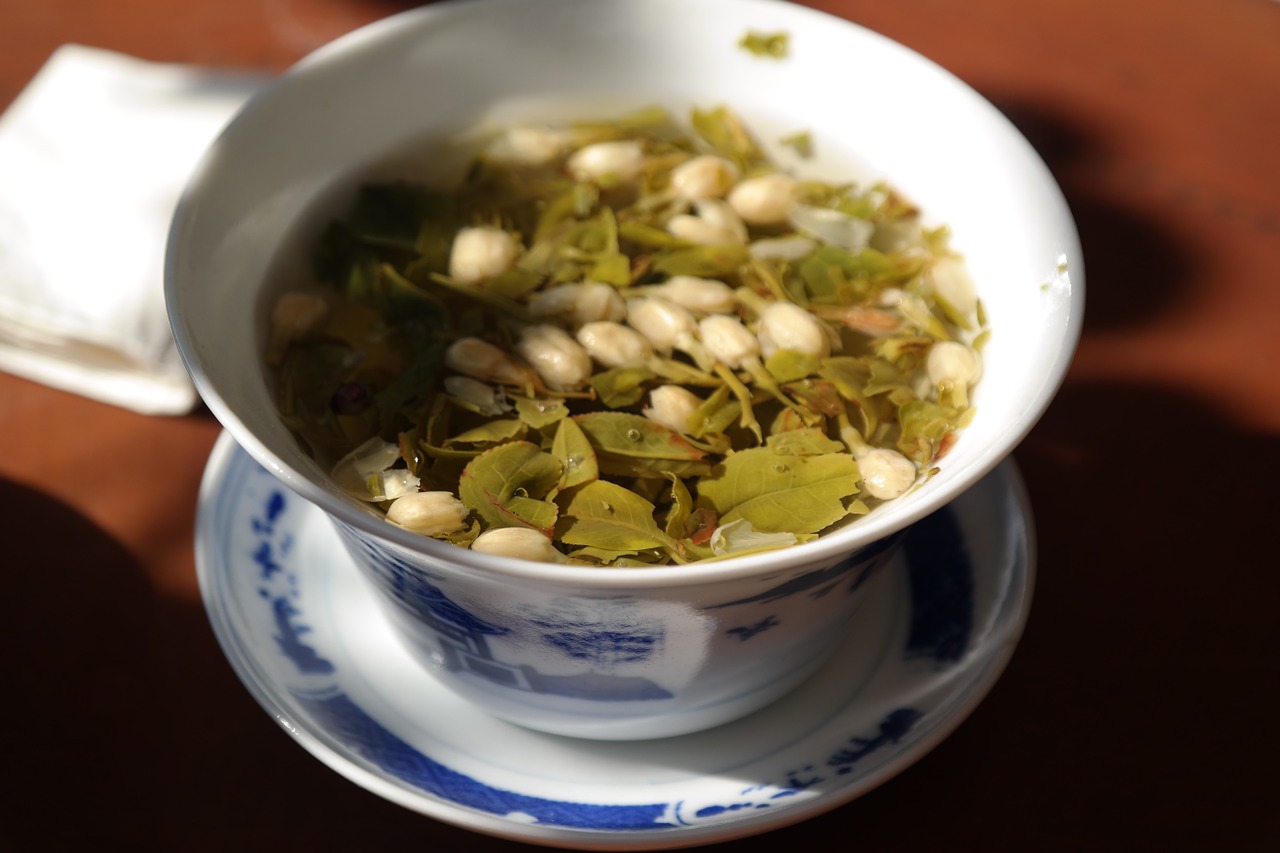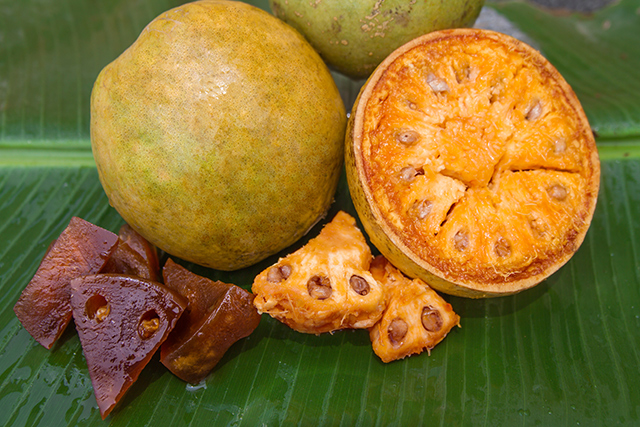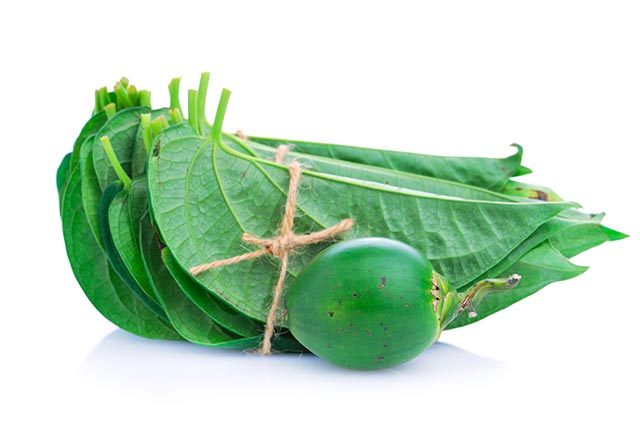A tree from the fig family found to demonstrate neuroprotective potential
01/03/2019 / By Ellaine Castillo

A study published in the African Journal of Traditional, Complementary and Alternative Medicines revealed that the “False Iroko” tree (Antiaris africana) exhibits potent neuroprotective activity. This was determined by a group of Nigerian researchers from The Federal University of Technology and Federal University Otuoke through in vivo experiments in rats.
- For the brain to properly coordinate the different organ functions in the body, it needs an adequate supply of glucose and oxygen, which it gets from the blood.
- Cerebral ischemia is a condition wherein blood flow to the brain is prevented due to blockages in the arteries. This condition can result in severe body damage or stroke, which is a significant contributor to mortality and disability worldwide.
- Restoration of blood flow after a case of ischemia can trigger excess production of reactive oxygen species, calcium overload, overexcitement of cells, and inflammation. Ultimately, these events lead to irreversible brain injury due to cell death.
- The False Iroko tree, which belongs to the fig family, is traditionally used as a remedy for rheumatism, respiratory problem, stomachic pain, syphilis, leprosy, sore throat, mental illnesses, and nervous disorders. It contains phytochemicals such as flavonoids, phenolic compounds, oleanolic acid, strophantidol, and ursolic acid, which contribute to its beneficial properties
- In this study, the researchers collected extracts from leaves of the False Iroko tree and administered them in male Wistar rats. They then induced ischemia and reperfusion injury in the rats after 14 days of pretreatment with the extracts.
- To determine the ameliorative effects of the extracts, the researchers observed markers for oxidative stress, neurochemical disturbances, and excitotoxicity and compared them with the reference standard quercetin.
The results of the study showed that extracts from the leaves of the False Iroko tree improved markers for oxidative stress, neurochemical dysfunction, and excitotoxicity. These outcomes prove that the false iroko tree has neuroprotective potential against stroke and ischemia-related problems.
Read the full text of the study at this link.
For more articles about how you can prevent neurological diseases, visit Brain.news.
Journal Reference:
Ilesanmi OB, Akinmoladun AC, Olayeriju OS, Saliu IO, Olaleye MT, Akindahunsi AA. MODULATION OF KEY BIOCHEMICAL MARKERS RELEVANT TO STROKE BY ANTIARIS AFRICANA LEAF EXTRACT FOLLOWING CEREBRAL ISCHEMIA/REPERFUSION INJURY. African Journal of Traditional, Complementary and Alternative Medicines. 2017;14(4). DOI: 10.21010/ajtcam.v14i4.28
Tagged Under: Antiaris africana, brain damage, brain health, brain ischemia, excitotoxicity, false iroko tree, inflammation, natural cures, natural medicine, natural remedies, neuroprotection, neuroprotective activity, oxidative stress, plantmedicine, stroke



















